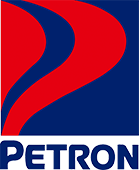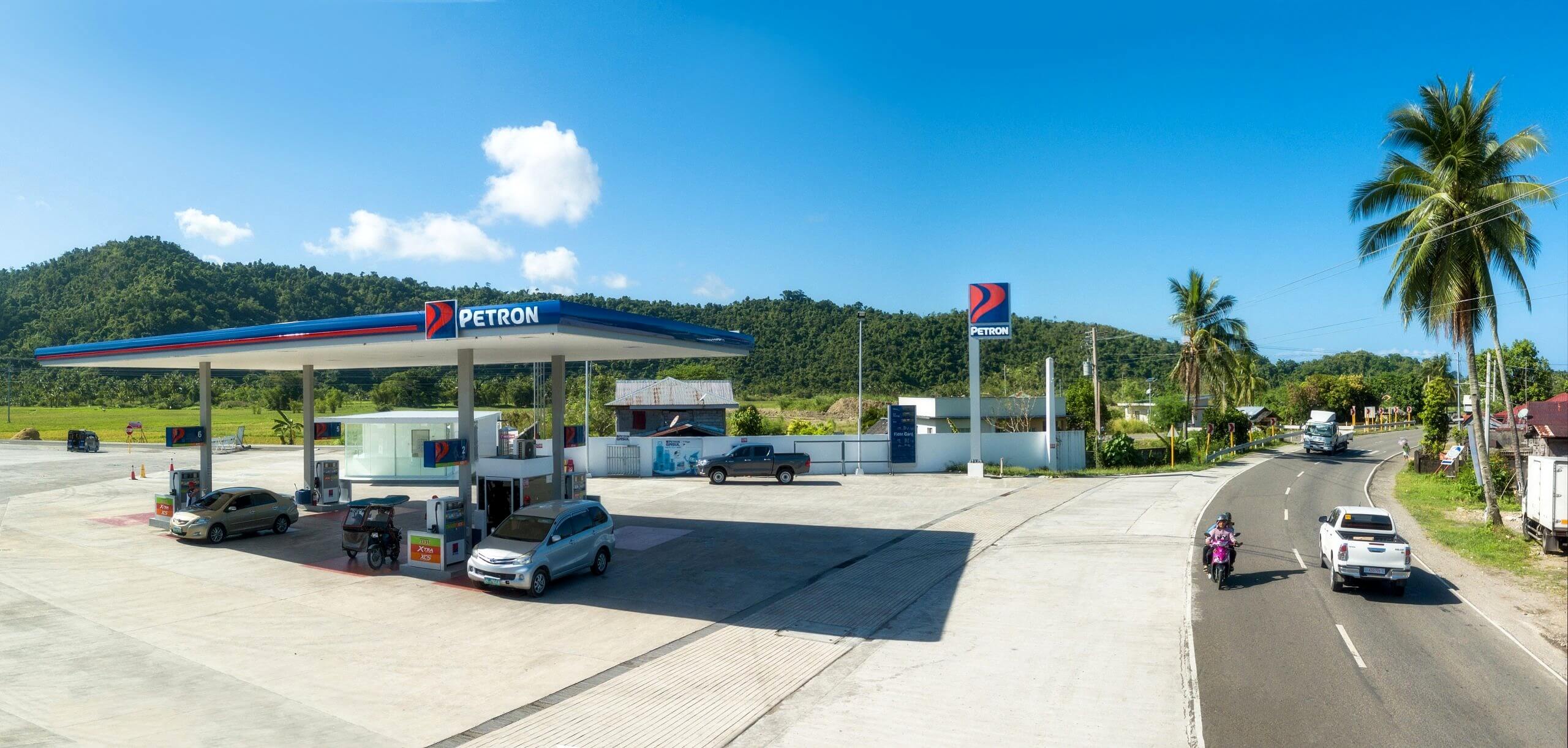Petron Corporation saw its sales volume improve as quarantine restrictions become more relaxed and economic activities pick up in the third quarter after months of decline due to the coronavirus pandemic.
Following the easing of lockdowns in both the Philippines and Malaysia, Petron’s consolidated retail volume from July to September registered a 48.6% improvement versus the second quarter. Philippine volume jumped 33% with most Petron stations in the country operating under normal hours since August.
“While the oil industry continues to face major challenges, we are beginning to see signs of recovery thanks to our government’s decision to gradually and safely restart the economy. Aside from retail, we can also expect the reopening of local tourism to influence higher demand for aviation fuel which really took a hit because of the pandemic. We’ve also seen some improvements in Malaysia with a notable upturn in our domestic volume to almost pre-pandemic levels,” said Petron President and CEO Ramon S. Ang.
Overall, Petron’s third quarter performance reflected a modest recovery as the company returns to profitable status, delivering a consolidated net income of P1.63 billion during the period. This was primarily driven by retailing margins as the company’s refining segment continued to incur losses due to thin refining margins.
“With our judicious use of resources, we are determined to expedite our overall recovery, minimize the pandemic’s impact on our business, and deliver more positive results,” he added.
The company’s year-to-date performance continue to bear the impact of the significant 40% drop in domestic volume and the P13 billion inventory losses during the first four months of the lockdown.
Consolidated sales volume from the Philippines and Malaysia for the first nine months contracted by 24 percent to 59.5 million barrels from last year’s 78.7 million barrels.
Petron ended the period with a net loss of P12.6 billion from a net income of P3.6 billion in 2019. Consolidated revenues also declined 43 percent to P216.4 billion from last year’s P381.7 billion.
Global oil prices remained depressed with the benchmark Dubai crude averaging US$41.5 per barrel during the last three months while refining cracks have barely recovered from its lowest point of US$2.20 per barrel in September to current levels of around US$2.80 per barrel.
Tax-related concerns
Aside from operating under a volatile business climate, Petron – the only remaining refiner in the country – is also faced with arduous taxation not necessarily encountered by fuel importers.
“We have several tax-related concerns which we have already raised with the government. Under the current regime, refiners are faced with the burden of paying so much more taxes than importers making it more difficult for us to preserve the viability of operating a refinery in the country. Of course, we want to keep our refinery running and hopefully with the government’s support, we will be able to do this more efficiently,” expressed Ang.
The Petron Bataan Refinery plays a crucial role in ensuring the country’s supply security and in providing employment opportunities particularly in the province of Bataan. Beginning this October, it has resumed normal operations after being on scheduled turnaround since May.
Keeping its commitment to nation-building
Despite going through a rough year, Petron remains a reliable partner in the country’s economic growth and recovery.
Based on data from the Department of Finance (DOF), Petron leads all other oil companies in terms of volume marked under the government’s Fuel Marking Program.
Of the 12.32 billion liters of fuel products marked from September 1, 2019 to September 10, 2020, which yielded P129 billion in import duties and taxes, Petron held the biggest share with 2.84 billion liters or 23.07 percent. For the period covered, Petron paid nearly P55 billion in duties and taxes.
Together with its parent company, San Miguel Corporation, Petron also continued to support health workers and underprivileged communities affected by the pandemic.
Petron has donated free fuel, PPE, and other donations to medical frontliners, its scholars, and communities. Through SMC, Petron also provided fuel subsidy for the Department of Transportation (DOTr) to help medical frontliners avail of free transport. Petron also partnered with Hyundai Philippines to help transport frontliners and locally stranded individuals.
Petron recently pledged its support to the Ingat Angat program, a multi-sector campaign envisioned to rebuild consumer confidence in the new normal. Leveraging on its vast nationwide presence, Petron – which operates the widest retail network in the country – has displayed Ingat Angat collaterals at 900 of its service stations.


Pls transfer my point lost card.no. 9119190641821176
My new miles no. Is
9119199321798471
Please email petronvaluecard@petron.com with details of your old and new card numbers and contact information to transfer your points from your old PVC. Thank you.